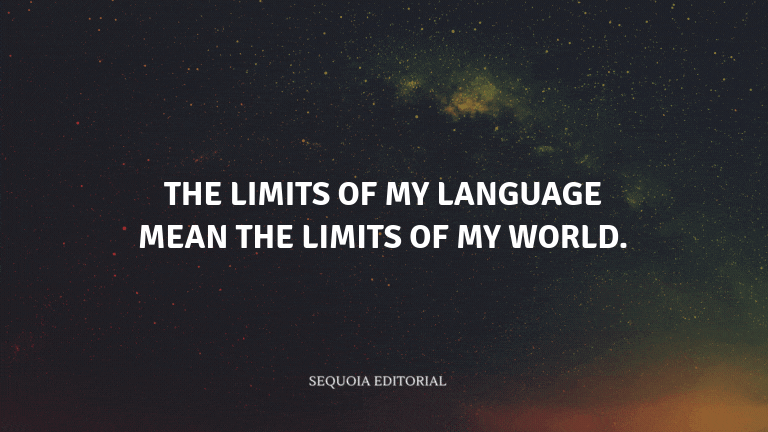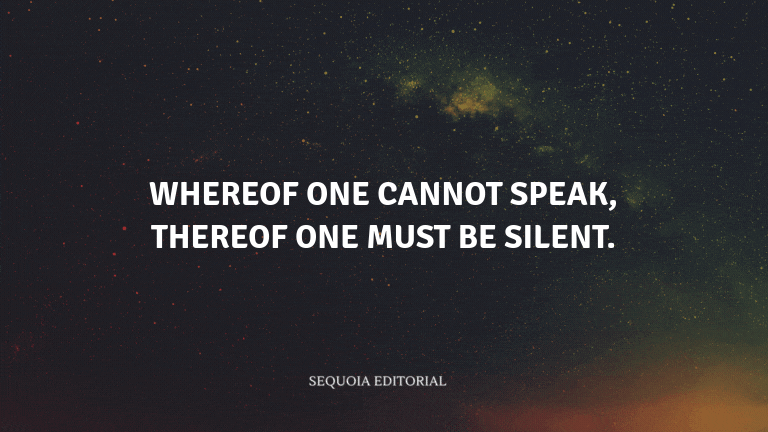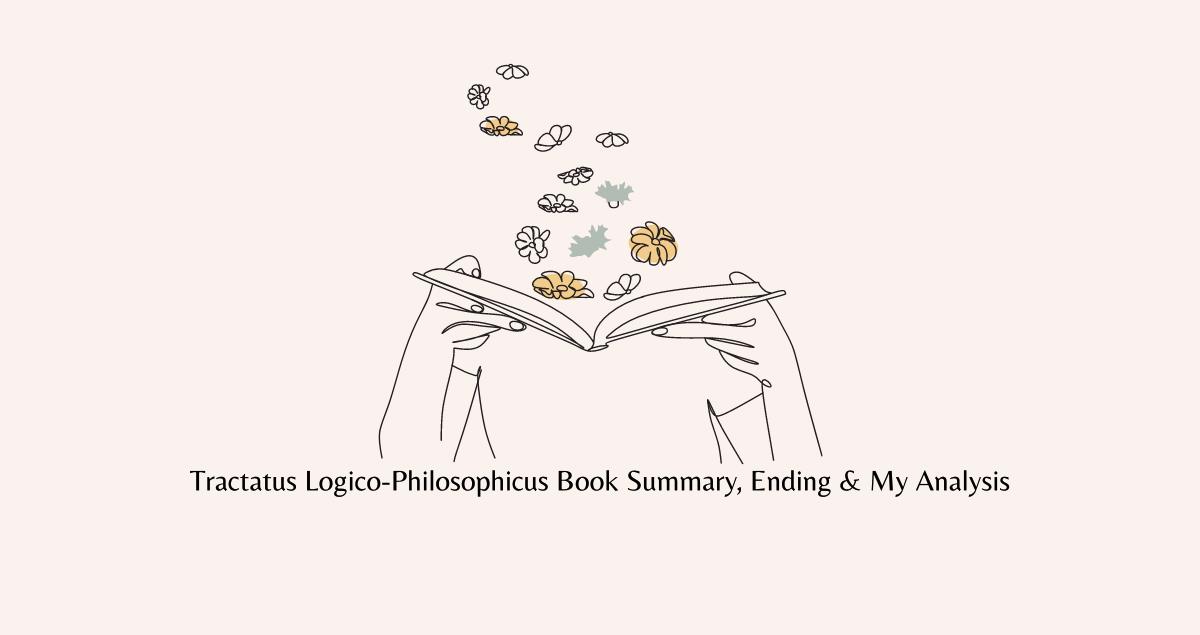Tractatus Logico-Philosophicus is about the nature of the world and how we represent it through language. It explores the limits of what can be said and what can only be shown. The book delves into the relationship between language and reality, aiming to clarify our understanding of the world.
Table of Content
Tractatus Logico-Philosophicus Book Summary
Ludwig Wittgenstein, a philosopher, presents his intricate thoughts in the Tractatus Logico-Philosophicus. He investigates the nature of language, reality, and the limits of what is expressible.
His work is divided into seven numbered propositions, each building on the previous ones. Wittgenstein argues that the structure of language reflects the structure of the world.
He explains that language can only be meaningful if it has a pictorial relationship to the world. Through logical analysis, he suggests that most philosophical problems arise from misunderstandings of the logic of language.
Wittgenstein then discusses the unspeakable and the mystical. He contends that there are truths that cannot be articulated, and whereof one cannot speak, thereof one must be silent.
The book concludes with a discussion of the limits of thought and the ethical implications of understanding the world and language. Wittgenstein posits that the aim of philosophy is to show the fly the way out of the fly bottle, to liberate us from our own self-imposed limitations.
Tractatus Logico-Philosophicus is a challenging but rewarding read, shedding light on complex philosophical concepts and framing the way for the study of language and logic.
Tractatus Logico-Philosophicus Quotes
- The limits of my language mean the limits of my world.

- Whereof one cannot speak, thereof one must be silent.

Tractatus Logico-Philosophicus Ending Explained
At the end of Tractatus Logico-Philosophicus, Wittgenstein circles back to his central arguments, reiterating the importance of understanding the limits of language and thought.
He emphasizes the significance of what can and cannot be said, and the impact this has on our understanding of the world. The book concludes with a powerful assertion that we must be silent about what we cannot speak of.
This final declaration reinforces the book's core theme, leaving readers with a profound reflection on the nature of language and the world it represents.
Characters in book Tractatus Logico-Philosophicus
- Ludwig Wittgenstein: The author of the book and a central figure in the development of analytical philosophy. His philosophical ideas and theories are the foundation of the book.
- Notable Minor Characters: Bertrand Russell, G. E. Moore, and other influential philosophers who have contributed to the ideas and discussions presented in the book.
Key Lessons
- Understanding Limits: Recognize the limits of language and thought; there are things that cannot be expressed or even conceptualized.
- The Power of Silence: Understand the value of silence and the wisdom in refraining from speaking about that which is beyond the reach of language.
- Pictorial Representation: Acknowledge the importance of language as a picture of reality; words are not just tools for communication, but they reflect the structure of the world.
- Logical Analysis: Use logical analysis to break down and better understand complex philosophical problems; many issues are rooted in misunderstandings of language and logic.
My Personal Opinion
Is Tractatus Logico-Philosophicus worth reading? I would say yes. I found it to be a fascinating exploration of the nature of language and thought.
I particularly admired Wittgenstein's logical approach to philosophy, which is both challenging and enlightening. On the downside, some sections can be quite dense and require careful re-reading to grasp fully.
I believe this book is best suited for readers with a strong interest in philosophy and language. It's a foundational work in the field, and while it may not be for everyone, those who are intrigued by deep thinking will find it to be a compelling and provocative read.

